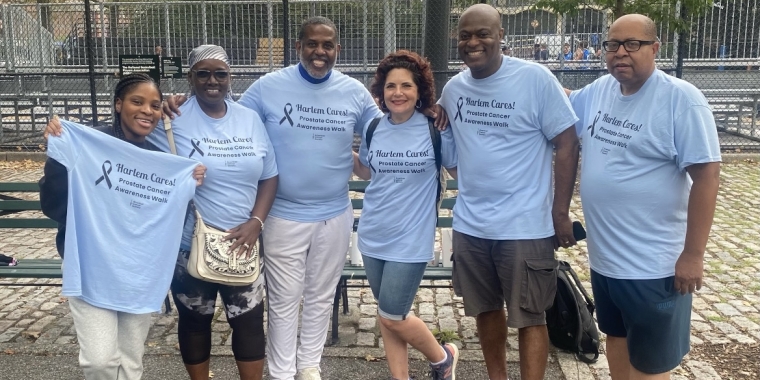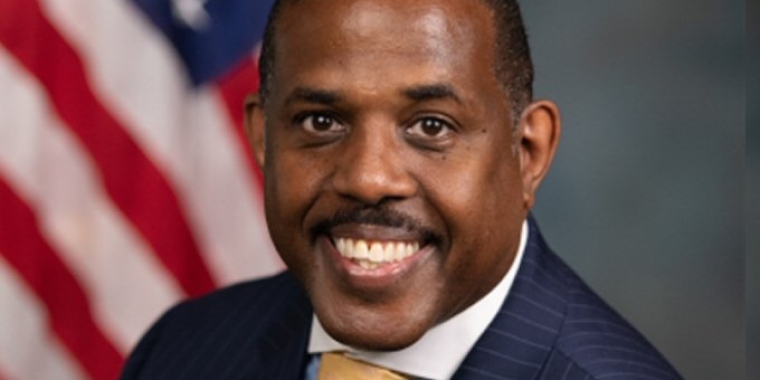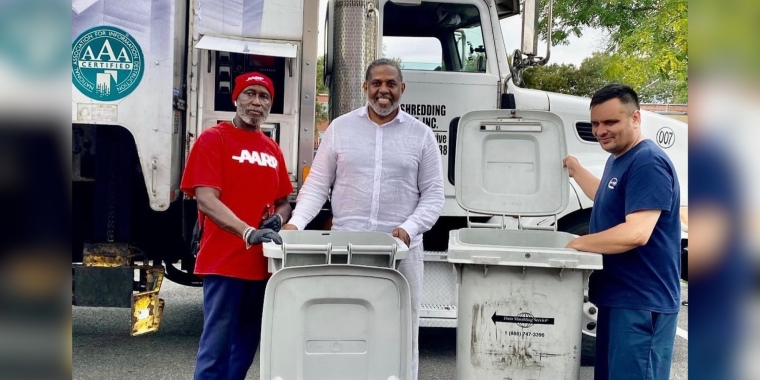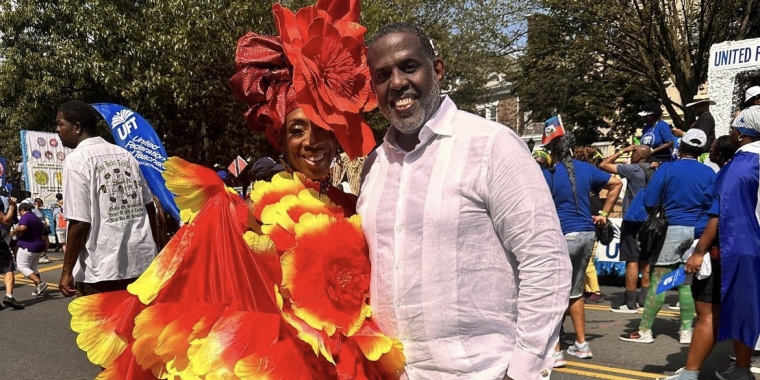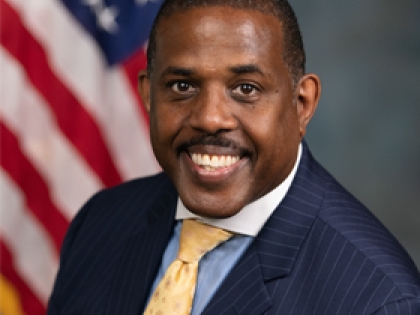
Civil Confinement Raises Too Many Red Flags
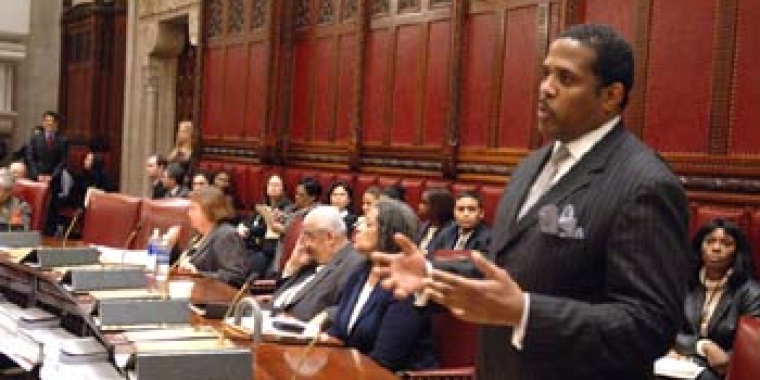
An op-ed
By State Senator Kevin Parker
21st Senate District
For anyone concerned about civil liberties or the right to due process, this should immediately raise a red flag.
On the face of things, a vote in favor of civil confinement might seem like a cinch. But in reviewing the proposed statute, I couldn’t help but consider the fact that people of color comprise more than 80 percent of our state's prison population, even though only a quarter of all New Yorkers are African-Americans.
Taken as it is, our criminal justice system is already clearly riddled with disparities. That why when the civil confinement bill came to the floor for a vote, I had to speak out strongly against it, concerned that such a measure would pose further harm to our already compromised principles of due process.
If, for instance, we currently have reason to question whether criminal trial courts give individuals a fair shake, then what can possibly convince us that due process will happen in a second instance -- after an individual has been branded a criminal and having already served his or her sentence?
Then there is the question of jurisdiction. According to the legislation, civil confinement trials would occur in the county where the individual is currently incarcerated, not the location where the crime happened. Under this arrangement, many defendants can forget about facing a jury of their peers, especially in rural counties devoid of racial diversity and where many of our state's correctional facilities are located.
Even more concerning, this bill also makes it possible that individuals who committed another crime – say robbery – could be subject to civil confinement if it is later determined that the original crime was sexually motivated. For instance, if someone broke into a home with the intent to rape, but, instead, only took jewelry.
This leads us down a slippery slope that neither my constituents nor I can possibly be comfortable with.
I say yes, let's do whatever it takes to get sex offenders off our streets. Let’s do a civil confinement bill that protects our children and our constitutional rights, while limiting the opportunity for human error and bureaucratic abuse. However, let's not do so with this particular bill, which is so broad that it leaves far too many questions unanswered and concerns unaddressed.
And at the same time, let’s be more vigilant about preventive measures. Quality education for our children, programs to help adults cope with economic hardship or the challenges of parenthood, mentoring opportunities that teach kids about the dangers of drug use -- these are the kinds of preventive, quality-of-life measures that not only give individuals a sense of hope, but also offer healthy alternatives to criminal behavior.
